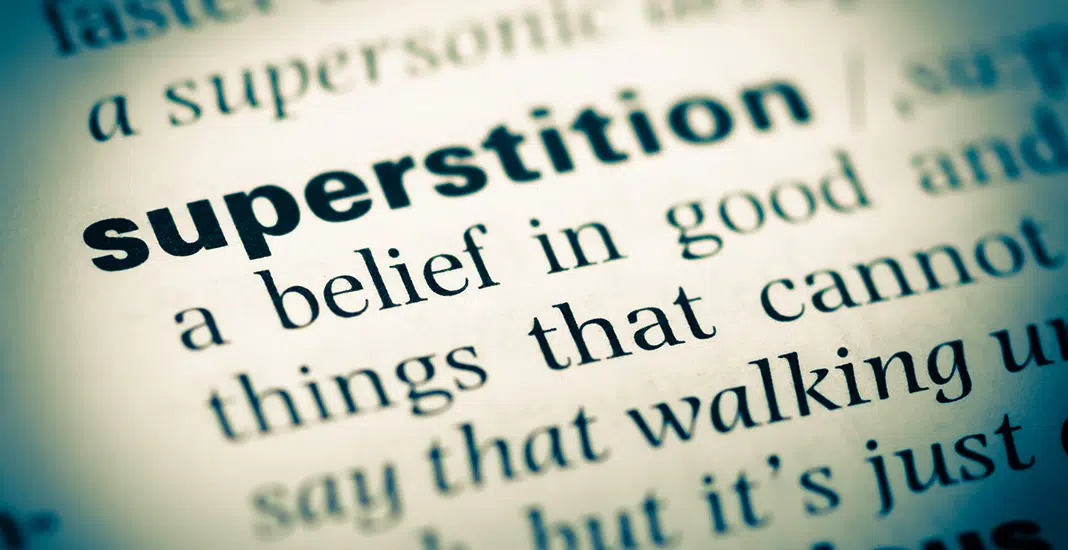Superstitions have been around for centuries, being passed on from generation to generation. By now, you’ve heard the most common superstitions that have now become integrated in everyday life.
To be superstitious means to believe in supernatural causation leading to certain consequences of an action or event.
For example, if you are out in public and someone near you sneezes, you are expected to say “bless you”, but where did this start and why?
It all started back in a more superstitious time. A sneeze was believed to be the separation of the soul from the body. Saying “bless you” was to prevent the devil from stealing your soul and returning it back to the rightful owner.
It has now evolved into an act of courtesy more than a superstition.
Superstitions in Athletes
 Athletes go through this all the time. They believe a certain action performed will lead to a good performance, and then it becomes a part of their routine. But, why athletes?
Athletes go through this all the time. They believe a certain action performed will lead to a good performance, and then it becomes a part of their routine. But, why athletes?
“They’re just trying to hold onto something, maybe hope.” Says Fanshawe psychology professor Katrina Craig.
Jonathan Thibodeau plays for the London Majors semi-pro baseball team and seen his fair share of superstitions in the locker room.
“I’ve seen it go as far as, how many times seeds are in your mouth while at bat. Stuff like that, it can get pretty detailed.”
Do these superstitions actually work? Craig says it is more of a placebo effect.
“If they really think that this is going to affect their performance than absolutely, they might subconsciously be trying harder or committing too it.”
Superstitions have been around since before the beginning of competition and don’t expect it to go anywhere anytime soon.






